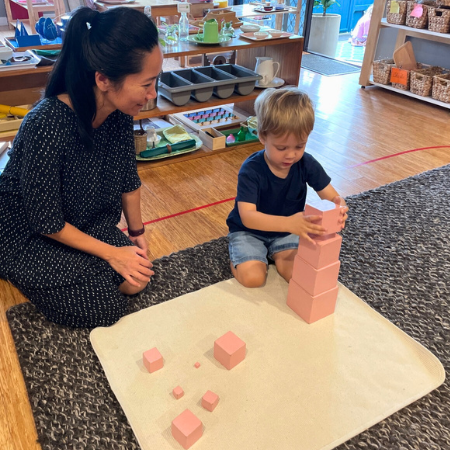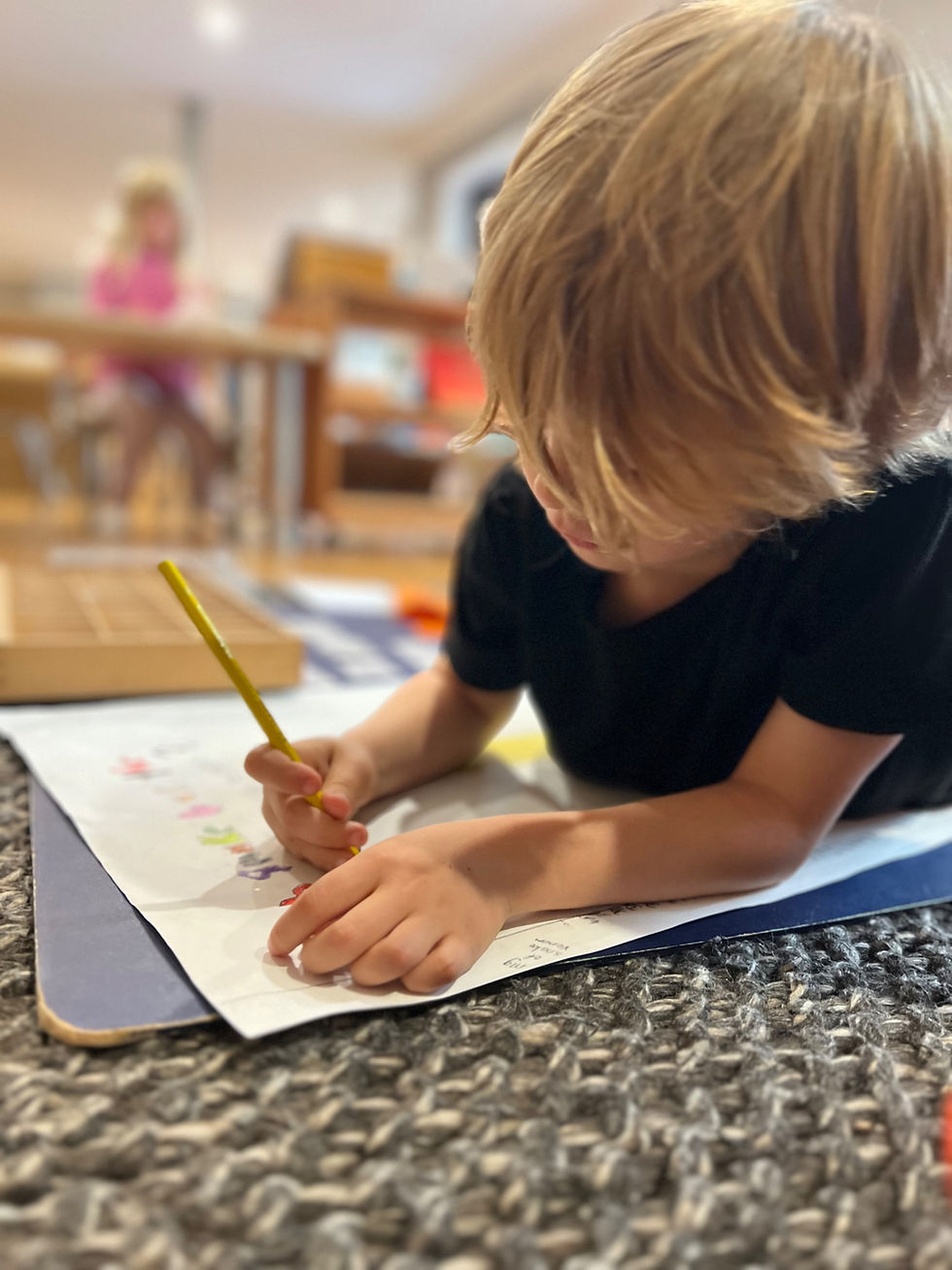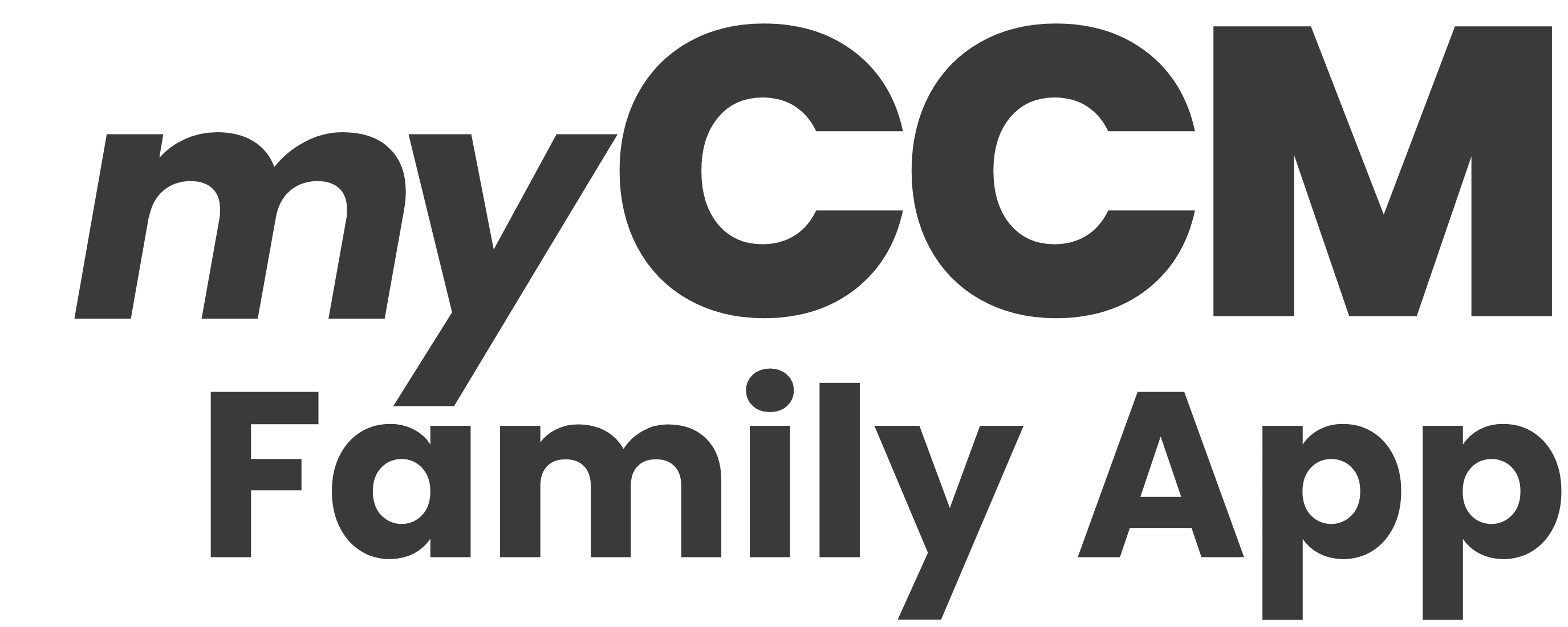
Preschool Curriculum
& National Quality Standards
Exceeding National Quality Standards
Our Early Learning program and activities are informed by critical reflection that guides best practice and is embedded in all aspects of education at Central Coast Montessori.
Our Preschool exceeds National Quality Standards, as set by the Australian Children’s Education & Care Quality Authority.

We deliver an authentic Montessori curriculum that compliments the Australian Government's National Quality Framework (NQF), including the Early Years Learning Framework (EYLF) outcomes. Both approaches share the goal of fostering holistic child development.
The Early Years Learning Framework (EYLF) offers guidance for educators to collaborate with families in recognising children's strengths and interests, applying effective teaching strategies, and facilitating a smooth transition to primary school. It emphasises play-based learning approaches that are guided by children's interests. The EYLF framework centres on five key learning outcomes.
The Montessori Curriculum is a comprehensive and child-centred framework that fosters holistic development across cognitive, physical, social, and emotional aspects of a child’s development. The Montessori program consists of five key curriculum areas Practical Life, Sensorial, Language, Mathematics, and Cultural Studies, each tailored to cultivate specific aspects of a child’s growth and understanding. Montessori education nurtures and accommodates complete academic foundations.

EYLF Outcomes & Montessori Links:
Children have a strong sense of identity:
The Montessori framework allows children the freedom, independence, and choice necessary to cultivate a strong sense of self.
Children are connected with and contribute to their world: Montessori Education provides real-world skills and social skills that enable children to become great contributors to society.
Children have a strong sense of wellbeing: Montessori Education is equally focused on developing children’s sense of wellbeing.
Children are confident and involved learners: The Prepared Environment is crafted to enable freedom of movement and choice from an early age.
Children are effective communicators: Montessori learning supports the development of effective communication skills, grace and courtesy, literacy, and social abilities.
Holistic Development
We focus on nurturing the whole child—intellectually, emotionally, physically, and socially. This complements Outcome 1, which highlights fostering a strong sense of identity. Hands-on, self-directed activities in Practical Life and Sensorial areas help children build confidence, independence, and a sense of
self from an early age.
Community and Belonging
Both frameworks emphasise belonging and positive relationships (Outcome 2).
Mixed-age Montessori classrooms create a community where younger children learn from peers and older children develop leadership skills. This fosters collaboration, respect, and connection to the world around them.
Lifelong Learning
Our self-directed activities nurture curiosity and intrinsic motivation, aligning with Outcome 4: children as confident and involved learners. Freedom to explore their interests deeply engages children, encouraging a love of learning.
Communication Skills
Language development is integral to our early years curriculum - paralleling Outcome 5: effective communication. Through storytelling, reading, writing, and interactive materials, children enhance their vocabulary and communication abilities
at their own pace.
Respect for the Environment
Montessori’s emphasis on caring for the environment supports Outcome 2: social responsibility. Activities like gardening and maintaining the classroom teach respect for nature and shared spaces, fostering environmental awareness and responsibility.
Functional Independence
Montessori in the early years focuses on fostering the acqusition of functional and physical independence. 'Help me to do it for myself' is the catch cry for these young learners as they are guided to develop their abilities/skills to navigate and engage with the world and to begin to become aware of their ability to satisfy their own basic needs. Thus instilling a deep sense of confidence, competence and belonging.
Through Montessori Practical Life activities children develop the following skills that link to the EYLF:
Demonstrate increasing awareness of the needs and rights of others
Are open to new challenges and taking considered risks
Approach new safe situations with confidence
Begin to initiate negotiating and sharing behaviours
Make choices and decisions
Practical Life
We focus on nurturing the whole child—intellectually, emotionally, physically, and socially. This complements Outcome 1, which highlights fostering a strong sense of identity. Hands-on, self-directed activities in Practical Life and Sensorial areas help children build confidence, independence, and a sense of
self from an early age.
Holistic Development


Through Montessori Sensorial activities children develop the following skills that link to the EYLF:
Uses and names a range of tools, resources and techniques in investigations
Uses his/her senses to explore natural and built environments and materials
Explores the purpose and function of a range of tools
Manipulates and experiments with resources to investigate, take apart, assemble, invent and construct
Utilises the senses to gain information when exploring the world around them
Sensorial
Through Montessori Language activities children develop the following skills that link to the EYLF:
-
Attempts to ‘read’ and shares texts for personal purposes
-
Explores texts from a range of different perspectives
-
Actively uses, engages with, and shares their enjoyment of language
-
Investigates words and word meanings
-
Makes connections between text and their own experiences and ideas
-
Identifies some elements of books and conventional texts
-
Recognises components of text, e.g. letters, words, sentence, pictures, page, title, author, illustrator
-
Recognises own written name
Language


Through Montessori Mathematics activities children develop the following skills that link to the EYLF:
-
Engage in simple investigations and explorations
-
Apply a wide range of thinking strategies to solve problems
-
Persist when faced with challenges and when first attempts are not successful
-
Uses reflective thinking to consider why things happen and what can be learned
-
Develops investigative skills through instructive play and experiential learning
Mathematics
Care of Environment
Through Care of the Environment children develop the following skills that link to the EYLF:
Considers the importance of picking up own rubbish
Demonstrates increasing knowledge of, and respect for natural and constructed environments
Explores relationships with other living and non-living things and observe, notice and respond to change
Develops an awareness of the impact of human activity on environments and the interdependence of living things
Demonstrates respect for plants, animals, places
Takes responsibility for own actions


Through Care of Self and Others children develop the following skills that link to the EYLF:
-
Engages in and contributes to shared play experiences
-
Expresses a range of emotions, thoughts and views constructively
-
Displays awareness and respect of others’ perspectives
-
Reflects on their actions and considers consequences for others
-
Expresses empathy for others
-
Recognises own and others emotions
-
Shows interest in other children and being part of a group
Care of Self and Others
-
Children develop holistically with an equal focus on academics and overall wellbeing
-
Children develop independence, concentration, and real-life skills
-
Children express a range of emotions, reflect on their actions, and demonstrate awareness of others perspectives
-
Children develop investigative skills, ask questions, and apply a range of thinking strategies to problem-solve
-
Children use their senses to explore, investigate, and create
-
Children participate in physical activities and follow the rules of the games
-
Children show self-confidence and interact well with others
-
Children respond to challenges and demonstrates problem-solving skills
-
Children demonstrate care for the environment and an interest in sustainability
Montessori Learning Outcomes


There are five key outcomes of the EYLF:
Outcome 1: Children have a strong sense of identity
Outcome 2: Children are connected with and contribute to their world
Outcome 3: Children have a strong sense of well-being
Outcome 4: Children are confident and involved learners
Outcome 5: Children are effective communicators

